
Q: How would you define the Civil Rights Movement?
A: The Civil Rights Movement can be defined as a pivotal moment within the broader black freedom struggle, driven by a mass of Americans, particularly black Americans, who had been persistently fighting for equality across generations. The pressure exerted through this movement saw significant changes in both laws and societal perspectives in regards to the inclusive nature of democracy.
When I reflect upon the Civil Rights Movement, I think of it as a sequel to the Reconstruction Era [the period that followed the end of the American Civil War in 1865 that saw efforts to rebuild the nation and address racial inequality through political, social, and economic reforms]. Just like any sequel, though, there remains space in the narrative for further development, and there are still unresolved aspects.
Q: Do you consider the Reconstruction Era to be an unfinished revolution?
A: When we talk about revolutions, it's important to understand that they rarely have clear-cut endings. Instead, they tend to be ongoing processes with advances and setbacks along the way. Reconstruction was no exception.
In the wake of the Civil War, the United States was just beginning to explore the possibilities of black citizenship and the transformative impact it could have on the nation as a whole. It's important to note, though, that even when laws are passed or amendments ratified, their implementation and acceptance takes time, and in this case the forces of reaction - those who resisted change ultimately gained the upper hand.
Throughout the Reconstruction years, black people were actively striving to claim and exercise their freedom, infusing it with meaning and purpose.
This story is from the September 2023 edition of BBC History Revealed.
Start your 7-day Magzter GOLD free trial to access thousands of curated premium stories, and 9,000+ magazines and newspapers.
Already a subscriber ? Sign In
This story is from the September 2023 edition of BBC History Revealed.
Start your 7-day Magzter GOLD free trial to access thousands of curated premium stories, and 9,000+ magazines and newspapers.
Already a subscriber? Sign In
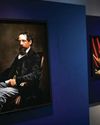
'Dickens's evocation of the fears, excitement and confusion of childhood is peerless'
DR LEE JACKSON ON WHY CHARLES DICKENS REMAINS RELEVANT TODAY
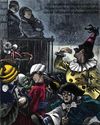
THE AUTHOR GOES ABROAD
Dickens expanded his horizons and boosted his fan-base by venturing overseas - but global fame came with a cost
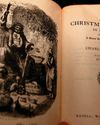
REVIVING THE FESTIVE SPIRIT
A Christmas Carol wasn't just a bestseller - it changed the way that Britons chose to mark the festive season
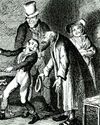
GIVING THE POOR A VOICE
From Hard Times to Oliver Twist, Charles Dickens used his pen to help illuminate the lives of the less fortunate
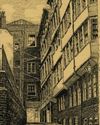
A JOURNEY THROUGH DICKENS'S LONDON
The works of Charles Dickens are synonymous with visions of Victorian London. We talk to Dr Lee Jackson about the author's love of the capital, and the locations that most inspired him
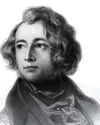
EXCEEDING EXPECTATIONS
Dr Lee Jackson chronicles Charles Dickens's journey from down-at-luck teenager to titan of Victorian literature
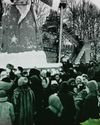
GIFTS, TREES & FEASTING
We take a journey through the photo archives to reveal how Christmas and its many traditions have been celebrated over the years - and around the world
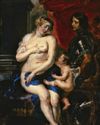
WHAT GREAT PAINTINGS SAY
We explore the story behind an allegorical painting that celebrates the triumph of love over hate, peace over war
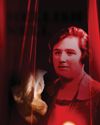
HELLISH NELL
Malcolm Gaskill delves into the life of Helen Duncan - the fraudulent Scottish medium whose ectoplasm-filled seances saw her ending up on the wrong side of the law

7 THINGS YOU (PROBABLY) DIDN'T KNOW ABOUT THE WHITE HOUSE
Presidential historian Dr Lindsay M Chervinsky reveals some of the most surprising facts about the world-famous US residence